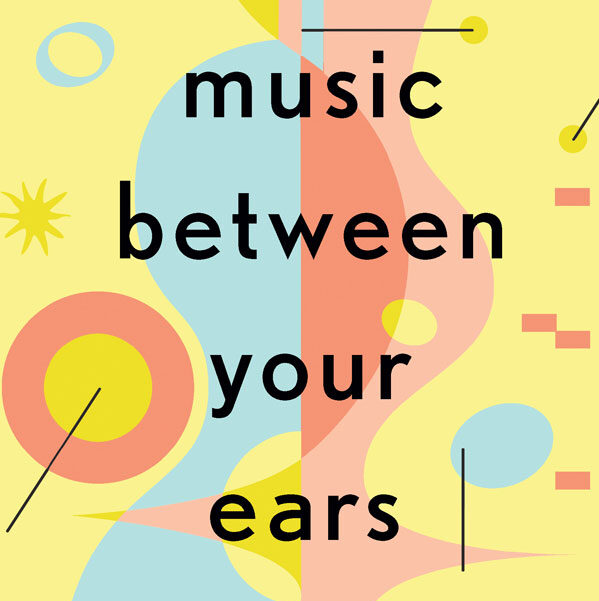Chapter 4: Music’s Evolutionary Benefit to Humans
“I love to hear a choir. I love the humanity, to see the faces of real people devoting themselves to a piece of music. I like the teamwork. It makes me feel optimistic about the human race when I see them cooperating like that.”
—Paul McCartney

Continuing with the theme of evolution’s impact, Chapter 4 assesses key ways that music confers evolutionary benefit to humans by promoting survival and procreation. The first way – hypothesis as I call it – is to survey attributes of music for communication. While communicating information is typically viewed as a property of language, there are, in fact, settings in which music is a superior means of communication. The second hypothesis explores the value of music for caregiving. Caregiving stands at the intersection of survival and reproduction. Research demonstrates that both adults and babies are ready for music by the moment of birth, and this inclination continues through much of childhood. Next comes an in-depth look at one of music’s most significant properties, entrainment, the ability to coordinate one’s movements to an external rhythm. Entrainment enables humans to be more productive by aligning the movements of multiple people. Entrainment is also pro-social as it facilitates people living together harmoniously in groups. Finally, attention turns to a study of music’s role in procreation and how music helps us navigate the terrain of intimate relationships. This section can also be called: Why are 90% (if not more) of popular songs written about love?
